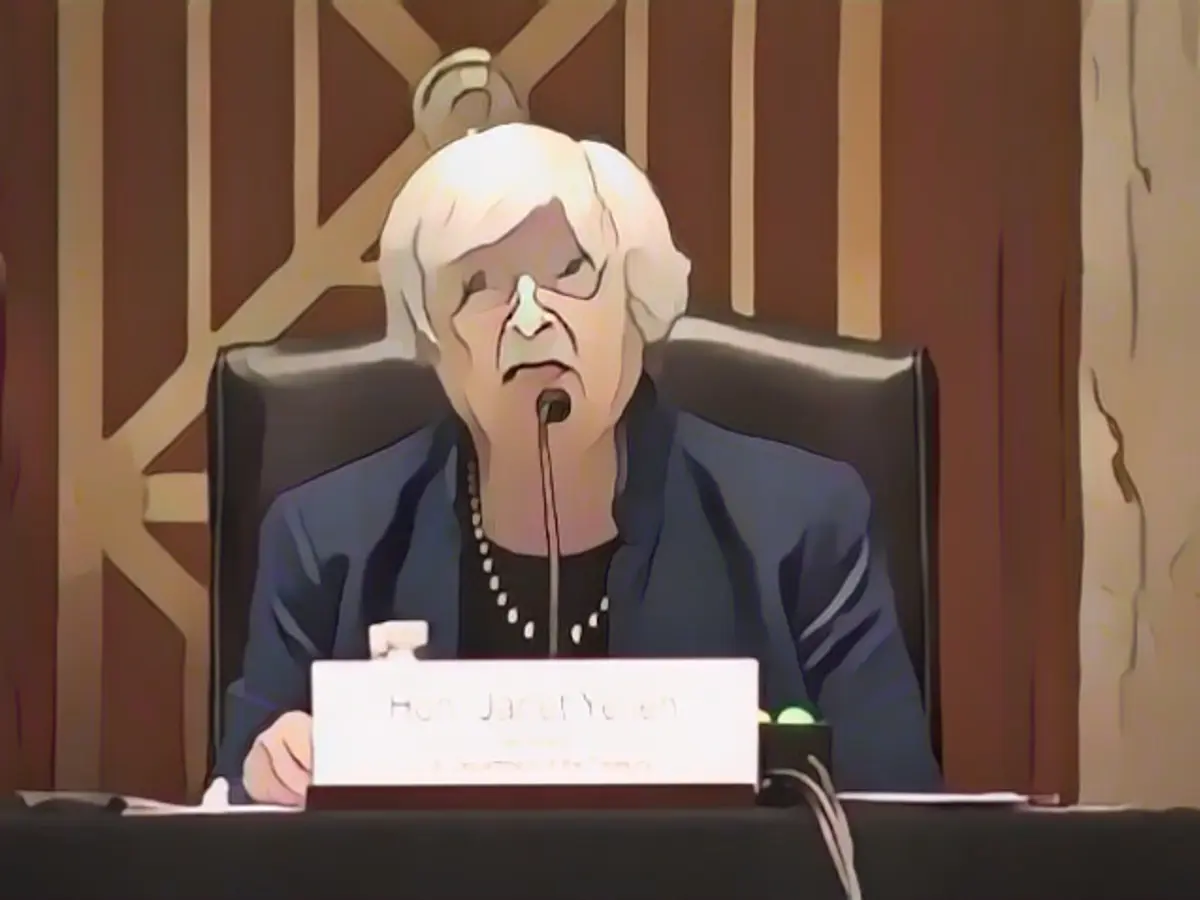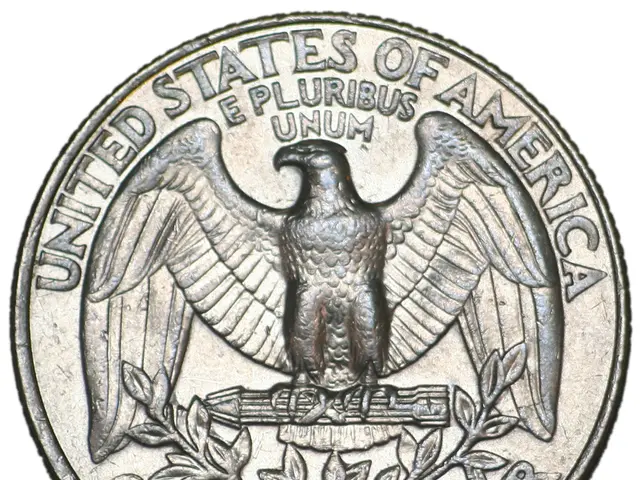Financial Doomsday: What Happens if the Debt Limit Isn't Raised?
Once again, the peculiar scenario is being considered. Treasury Secretary Janet Yellen warned Congress members last Wednesday that the federal government would likely run out of money by the end of next month and would be forced to take extraordinary measures if the debt ceiling isn't raised by Congress.
In layman's terms, a default would equal economic disaster. Interest rates would soar, the stock market would crumble, retirees would suffer, the value of the dollar would fall, and the financial reputation of the world's sole superpower would be tarnished.
"This would be a financial apocalypse," said Mark Zandi, chief economist at Moody's Analytics, speaking to CNN. "The idea of not paying bills on time is utterly nuts."
But isn't this a crazy world?
Congress members in Washington continue to mock America's credibility. The path to raising the debt ceiling remains unclear.
Despite the fact that Congress has increased the debt limit through bipartisan votes in the past, Senate Minority Leader Mitch McConnell pledged in July that Republicans would not support raising the debt ceiling.
JP Morgan CEO Jamie Dimon urged lawmakers to avoid this path again during a hearing in May. Dimon warned that a real default could trigger an unprecedented chain reaction, causing "immediate, catastrophic consequences for America that would last for a century."
'Catastrophic Damage'
In her letter to Congress, Yellen stated that history shows that waiting until "the last minute" to address the issue of raising or suspending the debt ceiling can "seriously harm business and consumer confidence, increase credit costs for taxpayers, and compromise the creditworthiness of the United States."
"If the ability of the federal government to meet its obligations is called into question, delays in economic growth and damage to global financial markets could be irreparable," wrote Yellen.
A default by the U.S. would undermine the foundations of the modern global financial system.
"We pay our debts. That's what sets the U.S. apart from nearly every other country on Earth," said Zandi of Moody's Analytics. "The U.S. debt service costs are extremely low because the U.S. has been repaying its debts for a long time."
A default would force rating agencies to lower the creditworthiness of U.S. Treasury securities and erode this credit advantage. In 2011, the debt ceiling dispute led to a downgrade of the U.S. credit rating by Standard & Poor's and resulted in market chaos.
Higher debt service costs would make it more difficult for Washington to borrow money to fund infrastructure, climate change mitigation, or future economic downturns. And the massive outstanding U.S. debt of approximately $28.9 trillion would become even more expensive to refund. Debt service payments amounted to $345 billion in fiscal year 2020 and will soon compete with defense spending.
Market Chaos
Rising interest rates on Treasury securities would trigger a chain reaction on financial markets. Treasury securities are viewed as risk-free assets, backed by the full faith and credit of the federal government, and serve as a benchmark for nearly all other financial instruments.
From stocks and bonds to exotic financial instruments, everything is inspired by the U.S. financial system. An increase in interest rates for Treasury securities due to a default would trigger the collapse of a prosperous stock market.
"The stock market will fall," said Zandi. "We'd all be instantly poorer."
Not only would millions of Americans lose money in the stock market, but interest rates for household and corporate loans would suddenly skyrocket. Debt is the benchmark for mortgages, auto loans, credit cards, and corporate debt. Rapidly increasing interest rates would be a significant problem for debt-dependent economies.
Without the lifting of the debt ceiling, the U.S. government would technically be unable to meet its obligations. It would be forced to prioritize payments and decide who gets paid and who doesn't. Ultimately, someone will suffer a loss, whether it's a federal employee, veteran, Social Security beneficiary, or military contractor.
Investors on Wall Street have no concerns about the debt ceiling. Wall Street expects Washington to raise the debt ceiling as it usually does. It would be too risky to do otherwise.
"The debt ceiling debate is always a bad idea, but considering where we are with the virus and the economic recovery, it's particularly childish," said Zandi. "An economic crisis, let alone a default, would be the absolute last thing a healing economy needs right now."








